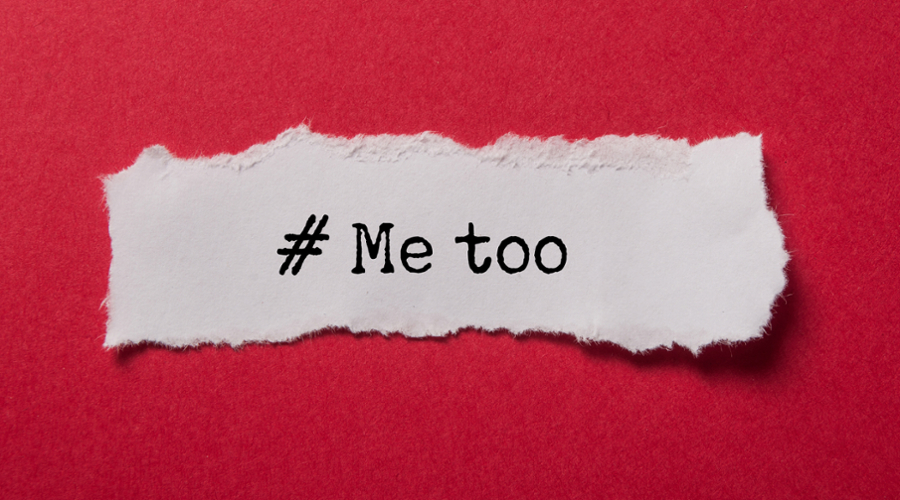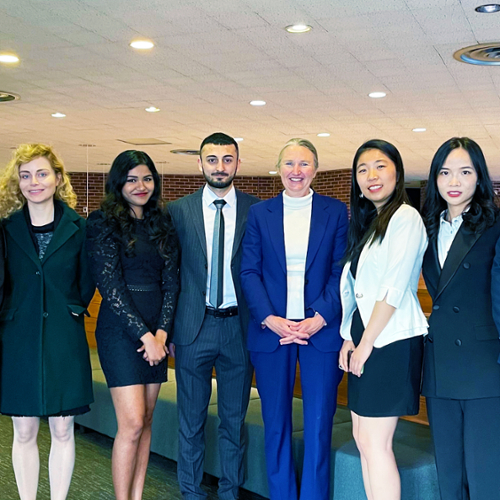It’s not uncommon for incidents of sexual misconduct in the workplace to go unreported.
Prof. Alice Hsiaw wanted to understand why.
In a forthcoming research paper titled “Reporting Sexual Misconduct in the #MeToo Era,” Hsiaw and coauthor Ing-Haw Cheng examine the complex and often fraught decision-making process facing victims.
“People may think this is an individual decision, but it’s really not,” said Hsiaw. “The theme of the whole paper is that strategic uncertainty drives all of this.”
Hsiaw and her coauthor used game theory to model the incentives and disincentives associated with reporting sexual misconduct. Game theory relies on mathematical models to anticipate the decisions and reactions of others — in this case the victim and perpetrator of sexual misconduct, their fellow employees and the various managers responsible for fielding misconduct reports and enforcing workplace policies.
Among the many variables at play: Will there be retaliation if the victim reports the misconduct? If the misconduct is reported, will the victim be believed? And will the person committing the misconduct face any consequences as a result?
Hsiaw said the paper seeks to untangle a victim’s typical sequence of decisions. The hope is that managers can gain a better understanding of what’s at play, and as a result create more effective sexual misconduct policies at their companies.
“We wanted to offer a framework that is ‘rational’ in the economic sense,” said Hsiaw. “When something happens to you, there are incentives to why you do or don’t report it.”
Hsiaw and her coauthor conclude in the paper that the #MeToo movement has achieved several of its intended goals — both by shining a light on the problem of sexual misconduct and attempting to remove or at least lessen the stigma of reporting it.
But their research also predicts unintended consequences related to workplace mentorship, as well as the policy known as a “holding tank,” in which misconduct reports are held in secret by an ombudsman. Once a certain number of reports are filed against a particular employee, the reports are opened and an investigation begins.
“If we ignore strategic uncertainty, we would miss the fact that a holding tank might actually deter people from reporting,” said Hsiaw.
The paper is slated for publication in the American Economic Journal: Microeconomics.




